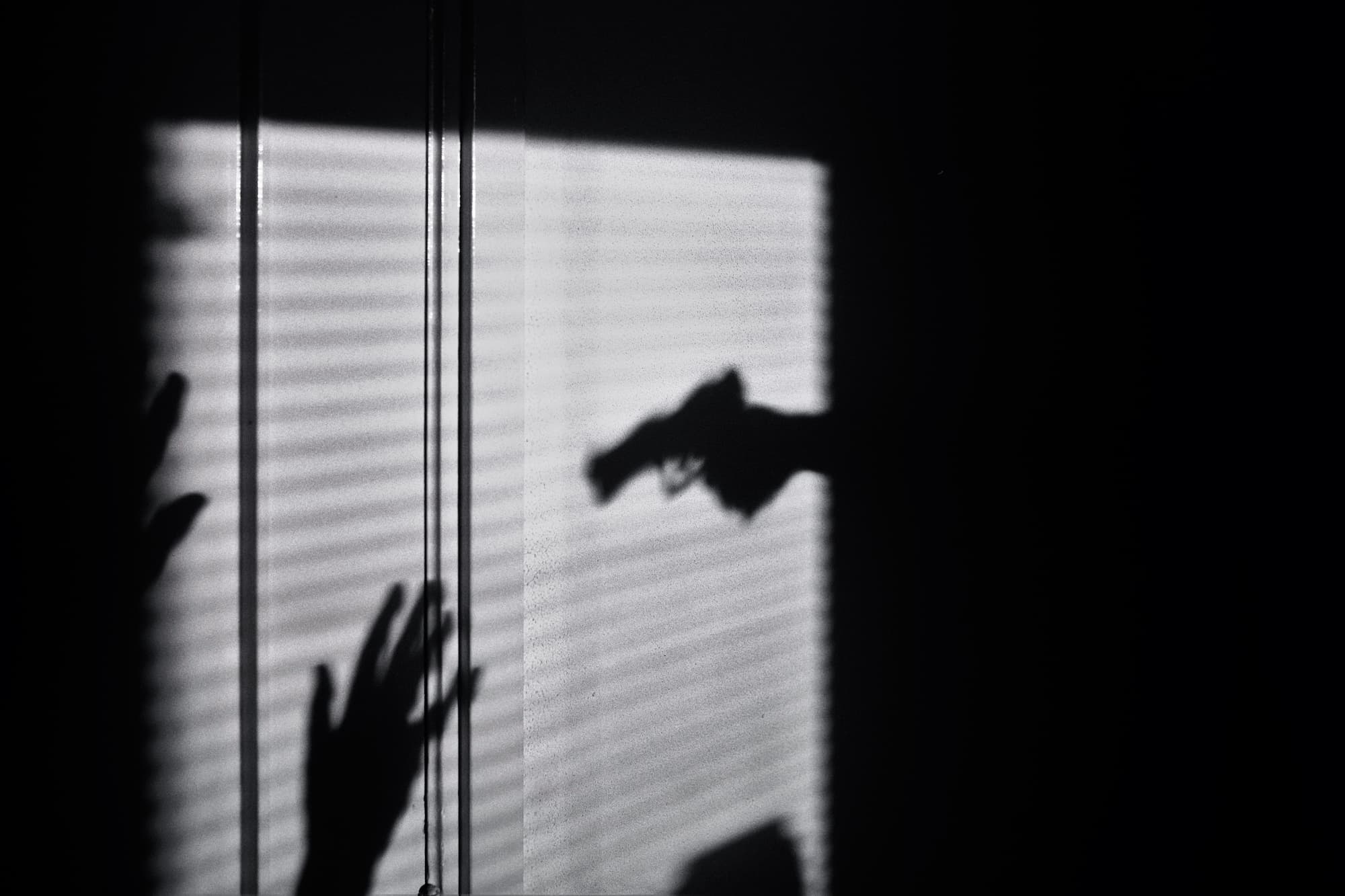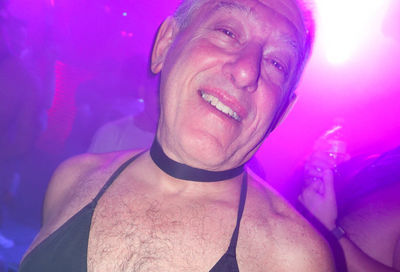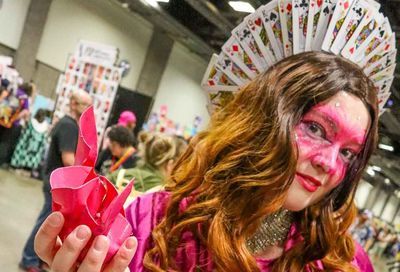India’s Supreme Court decriminalizes gay sex in landmark verdict
Court struck down a Colonial-era law that considered same-sex relations an "unnatural offence"

In a history-making ruling, India’s Supreme Court has struck down the country’s Colonial-era ban on gay sex.
The law, section 377, criminalized any act that could be considered an “unnatural offence” — a broad remit that covered same-sex sexual relations. If convicted, gay people faced up to 10 years in prison.
The five-judge court’s historic — and unanimous — decision overturns a 2013 ruling that previously upheld the law. Same-sex relations were legal between 2009 and 2013, but then recriminalized by the 2013 decision.
Chief Justice Dipak Misra wrote in his ruling that “any consensual sexual relationship between two consenting adults — homosexuals, heterosexuals or lesbians — cannot be said to be unconstitutional.”
Misra added: “Criminalising carnal intercourse is irrational, arbitrary and manifestly unconstitutional.”
While some have criticized the ruling, particularly among religious conservatives and in less accepting rural areas, reaction from LGBTQ activists and allies has been joyous.
“I’m so excited, I have no words,” Debottam Saha, one of the case’s petitioners, told Reuters — though he noted that discrimination will likely still occur. “We are no longer criminals, [but] it will take time to change things on the ground — 20 to 30 years, maybe.”
LGBTQ activist Harish Iyer told the BBC: “I’m absolutely elated. It’s like a second freedom struggle where finally we have thrown a British law out of this country…. I think the next step would be to get anti-discrimination laws in place, or anti-bullying laws.”
Prince Manavendra Singh Gohil, India’s only openly gay royal family member, told India’s News 18 that the ruling was long overdue.
“It is going to be the end of an era of discrimination and humiliation of our people,” he said, adding, “Enough members of the LGBTQ community have suffered due to this criminalisation. Making someone’s sexual preference in bed a crime is not just unfair, it’s also unconstitutional according to the fundamental rights we are ensured as Indian citizens.”
Celebrities took to social media to praise the ruling, with Aamir Khan, one of India’s most popular actors, thanking the court for their ruling.
“We thank the Supreme Court for its decision to strike down article 377,” Khan tweeted to his 23 million followers. “It is a historic day for people who believe in equal rights for all. The judiciary has done it’s duty, and now we must do ours.”
We thank the Supreme Court for its decision to strike down article 377. It is a historic day for people who believe in equal rights for all. The judiciary has done it’s duty, and now we must do ours. https://t.co/zzxc4kfNxS
— Aamir Khan (@aamir_khan) September 6, 2018
Alia Bhatt, one of India’s highest-paid actresses, told her 18 million followers that “love is love.”
“Love is love 🌈🌈🌈🌈🌈💫,” she tweeted. “Such a momentous day in the history of our country!”
Love is love 🌈🌈🌈🌈🌈💫 Such a momentous day in the history of our country!!!! Thank you thank you thank you!!!!!! #Section377 #PrideIndia pic.twitter.com/3TbP1pnIxd
— Alia Bhatt (@aliaa08) September 6, 2018
Across India, LGBTQ people and allies took to the streets to dance and celebrate in the wake of the court’s ruling.
#Section377 LGBTQI supporters celebrating the Supreme Court verdict on Mumbai streets pic.twitter.com/Jn1YNAW6N3
— The Indian Express (@IndianExpress) September 6, 2018
What a historic day for the country! 🏳️🌈 #Section377 pic.twitter.com/Xx8C13wEap
— Anna Isaac (@anna_isaac) September 6, 2018
People in Bengaluru celebrate after Supreme Court decriminalises #Section377 and legalises homosexuality.#377Verdict @NewIndianXpress
Video: Nagaraja Gadekal @tniegadekal pic.twitter.com/Ked3ie4jFQ— Pushkar_TNIE (@pushkarv) September 6, 2018
The ruling finally puts an end to the debate over the legality of sex between gay people. It also extends anti-discrimination protections to include sexual orientation as a protected class.
While tolerance for the LGBTQ community has risen in more urban areas, LGBTQ rights are still lacking in a country home to over 1.3 billion people.
India’s transgender community has been allowed to change their legal gender without confirmation surgery since 2014, and in some states India’s traditional third gender population are a protected class.
However, anti-discrimination protections don’t currently protect transgender people, and India doesn’t allow same-sex marriage, same-sex adoption, or open participation in the country’s military.
Support Metro Weekly’s Journalism
These are challenging times for news organizations. And yet it’s crucial we stay active and provide vital resources and information to both our local readers and the world. So won’t you please take a moment and consider supporting Metro Weekly with a membership? For as little as $5 a month, you can help ensure Metro Weekly magazine and MetroWeekly.com remain free, viable resources as we provide the best, most diverse, culturally-resonant LGBTQ coverage in both the D.C. region and around the world. Memberships come with exclusive perks and discounts, your own personal digital delivery of each week’s magazine (and an archive), access to our Member's Lounge when it launches this fall, and exclusive members-only items like Metro Weekly Membership Mugs and Tote Bags! Check out all our membership levels here and please join us today!
























You must be logged in to post a comment.